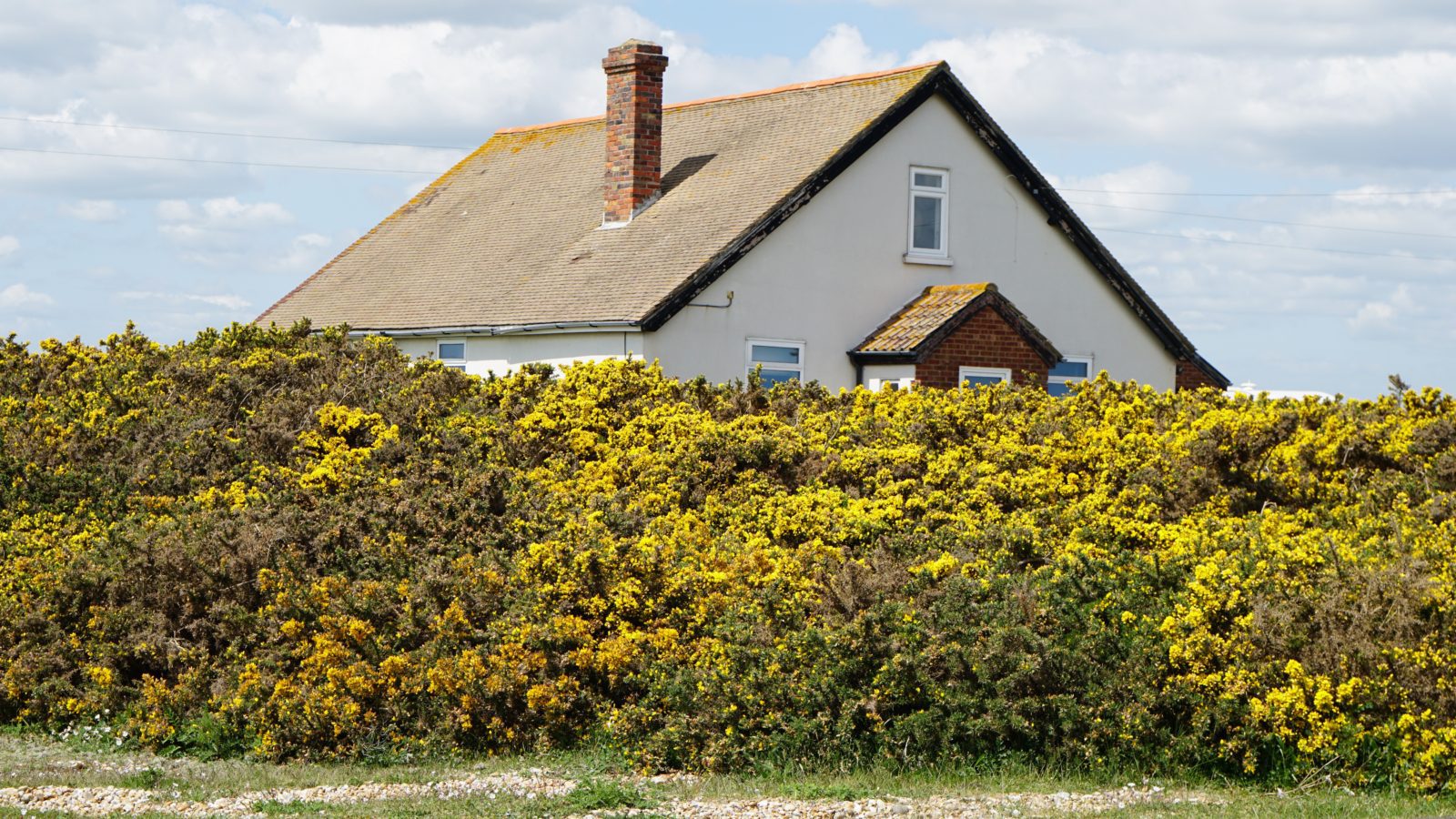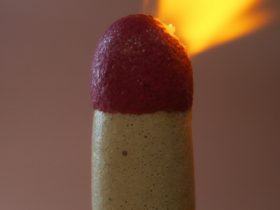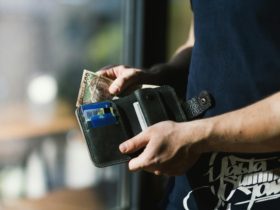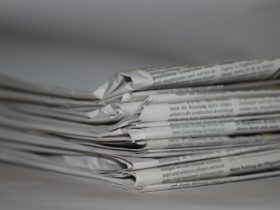The heating season has already begun, but according to firefighters and insurers, many households still underestimate the maintenance of furnaces and chimneys. This often leads to the risk of fire with potentially tragic consequences.
Neglecting chimney care has resulted in 1245 fires, as reported by ČSOB Insurance Company. Failure to properly maintain a chimney can lead to a fire, causing significant property damage, carbon monoxide poisoning, and toxins from gas appliances. Insurance companies may also reduce the payout of insurance claims.
Homeowners who overlook or underestimate the importance of scheduling a chimney sweep once a year risk fines ranging in the thousands of Czech koruna from the Fire and Rescue Service. The penalty can be as high as 100,000 CZK for legal entities or self-employed individuals.
It is essential to conduct inspections of flue routes at least once a year, with specific cases requiring additional revisions depending on the frequency of use. As the heating season begins, people heavily utilize their chimneys, significantly increasing the risk of fire, especially for those who neglect the necessary attention to their ducts, despite the regulations outlined in the Chimney Decree. However, it is in the best interest of every property owner to have a properly maintained chimney for preventive purposes, says Jan Šepek, Product Manager at ČSOB Insurance Company.
In 1118 cases last year, fires occurred due to the ignition of soot, a natural byproduct of combustion. The burning of low-quality fuels and the moisture content of wood play a significant role in the formation of excessive soot. Additionally, the discharge of substances that do not belong in the boiler or fireplace, such as plastics, textiles, or beverage packaging, can also contribute to the accumulation of soot, warns Martina Götzová, a spokesperson for the fire department. Chimney fires caused direct damages of 66 million CZK and injured 28 individuals.
When is Chimney Inspection Necessary?
It is essential to clean and inspect the chimney and the appliances connected to it. Inspection is required when a new flue route is put into operation, when changing the type of fuel due to chimney modifications, before replacing fuel-burning appliances, or if the chimney or flue routes have been damaged.
“Occasionally, we encounter hazardous clogged flue routes. It is crucial to consider both what is being burned and how it is being burned,” says chimney sweep Radek Prudký from MámČistýKomín company.
In addition to having a clear and clean chimney route, it is also necessary to ensure free access to flue outlets and cleaning openings. The expertise of a chimney sweep can be verified on the website of the Czech Chimney Sweep Association or by contacting the fire department. It is advisable to schedule a visit in spring after the heating season ends when chimney sweeps have a greater capacity for inspections and cleaning. However, if you have not done so already, you should arrange an inspection before using your chimney.
In the event of a fire caused by the chimney or soot ignition, when the affected party files a claim with their insurance company, the causal relationship between the defect in the flue route and the occurrence and extent of the damage is always investigated. “If the affected party is a tenant, the homeowner must provide evidence of fulfilling their obligations,” adds Zdeněk Hruška from Uniqa Insurance Company.









